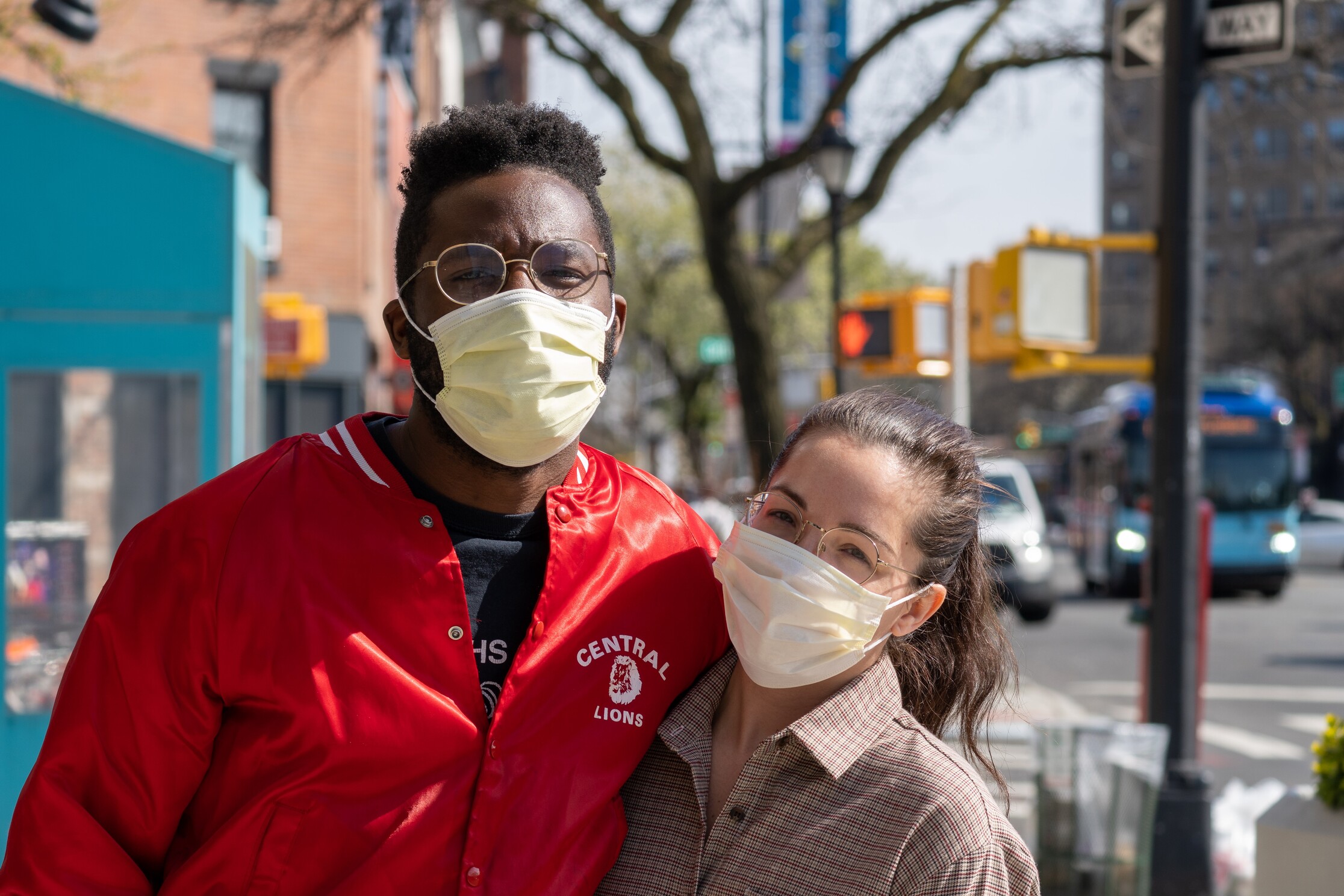Article by Maria Ampatzidou, Clinical Neuropsychologist at Creative Brain
The Covid-19 pandemic certainly challenged us. It is still difficult to realize with what happened and how the new virus changed our lives. If I asked you one year ago how you imagine this year to be, none of us would have guessed that currently, we have to measure our distance with the people around us, transform good old handshakes to elbow shakes, and experience Zoom fatigue due to remote working.
The toll of these rapid changes on our mental health is a natural consequence, and it is unlikely that we will come through the pandemic emotionally unscathed. Recent research suggests that COVID- 19, being a collective experience, will leave many with emotional trauma. The isolation, the lockdowns, and the health anxiety actually carry a heavy psychological load.
But is that all Covid-19 caused us? Our answer is a definite no! That is not the end of the story. Covid-19 offered something invaluable to our generation; the unique chance to self-reflect on our reactions in unprecedented circumstances.

Different ways of coping with unpredictability and uncertainty can reveal a lot about our inner self; the good news is that you are completely in control to figure out how your personal experience of the pandemic got you a step closer to your self-discovery path.
Let me help you connect the dots here. Even though we are talking about the second wave of the virus, the adjustment period to the new way of living is still challenging. From the start of the pandemic till now, probably you experienced an overwhelming rollercoaster of emotions.
A common reaction to the pandemic was to engage in negative thinking and panic. You know the drill. Some people that watched the news all day and counted the number of cases and deaths in their region. Others experienced constant worry over their personal and their family’s health. Another common approach for some was to embrace the gift of time quarantine brought us. Being acceptive of the situation, many people used the quarantine to commit to a new hobby, read the books on their bucket list, and spend quality time with their relatives.

Let’s take a deep breath and consider it. Can you remember how you reacted to the lockdown? What did you do during the quarantine? How you dealt and continue to deal with the pandemic?
The point is to identify your coping behaviours and your place in the pandemic story. Reflect for a minute on which was your role in the light of an unexpected situation. Is this a version of yourself that you were not aware of? Do you maybe recognize any patterns that align with your behaviour in traumatic events in the past? Taking some minutes to self-reflect will surely bring you in the face of fascinating discoveries about yourself. It is exactly these unpredictable and bizarre circumstances that change and shape us. Being able to identify your behaviour during uncertainty will equip you with significant insight into yourself and your values. This insight gives us the context needed to work on our thoughts, our actions, and, ultimately, ourselves.
Maybe some of us are now able to reframe our emotions during the pandemic and decide to build resilience. Maybe some of us realized that we should have been more empathetic with our scared parents. Perhaps some of us decide that the uncertainty of a traumatic event entails, activate a pattern of psychological distress that calls for professional help. Some of us are probably still in the process of the self-reflection and maybe some will decide to give it a thought after this read.
No matter the change, take your time to analyze how you dealt during the pandemic. Give this present to yourself and be brave enough to admit you who were during the pandemic and whether this aligns with whom you want yourself to be.
There you go! You just took a step to self-discovery.
Join our Development Program starting October 12th and dive deep in self-discovery SIGN UP HERE. Receive the first workbook already this Friday.

